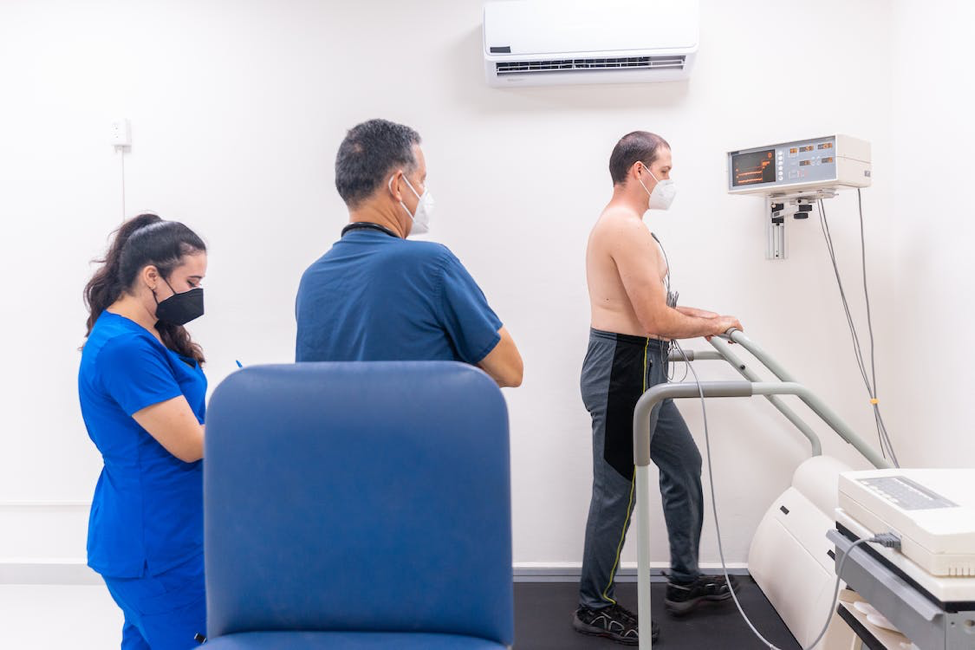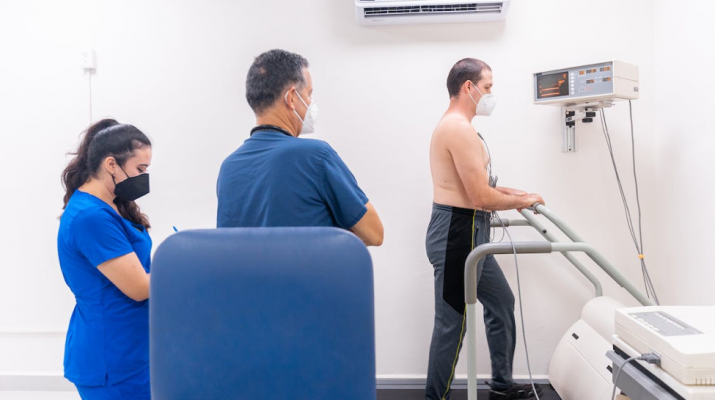The aftermath of a car accident can cause significant stress and anxiety, which can manifest in various forms. This can range from the physical repercussions of the incident, such as injury and trauma, to the numerous and often daunting bureaucratic procedures that one must endure, such as interactions with medical practitioners, insurance providers, and other relevant parties.
Regardless of the scale and nature of the collision, whether a minor rear-end collision or a major wreck resulting in extensive vehicle damage, the traumatic experience can have long-lasting and potentially insidious effects that may not be immediately apparent. Here we examine some essential self-care strategies that should be implemented following a vehicular accident. By doing so, we can ensure the preservation of one’s well-being in the aftermath of such a traumatic experience.

Follow Medical Advice
Implementing a comprehensive treatment plan is a critical component of the recovery process. It is imperative that all instructions provided by a medical professional be strictly followed to facilitate a successful recovery. This may necessitate a significant investment of time and effort; however, strict adherence to the treatment plan is of the utmost importance. Adequate rest and adherence to prescribed medications and therapeutic modalities, including physical therapy, are crucial components of recovery. Regular follow-up appointments must be attended, and therapeutic exercises must be continued outside clinical settings to support healing.
Pain Management
In the event of a vehicular accident resulting in injury, medical professionals may prescribe medication to alleviate pain. Opioids are known for their potent analgesic properties; however, they also carry a high risk of addiction. It is essential that individuals prescribed opioids for pain management strictly adhere to the prescribed dosage and frequency of administration to minimize the risk of adverse outcomes.
You can also refer to a car accident chiropractor for pain management. Chiropractors specialize in treating musculoskeletal conditions and can address various symptoms that may arise from a car accident, such as neck pain, back pain, headaches, and more. They use different techniques to alleviate pain and improve mobility, including manual adjustments, spinal decompression, and soft tissue therapy. A chiropractor can work with the patient and their medical doctor to develop an appropriate pain management plan and ensure that the patient receives comprehensive care.
Rest and Relax
Excessive fatigue and drowsiness after a vehicular accident may indicate that the body requires rest to recover. In our fast-paced society, finding rest can be a challenge. Nonetheless, rest is crucial for the body to heal and recuperate from a car accident’s physical and psychological stress. While it may be tempting to revert to one’s routine at the earliest opportunity, it is essential to be attentive to the signals conveyed by the body and prioritize rest.
Stay Hydrated
Drinking water provides many benefits for both physical and mental well-being. One can consider incorporating calming beverages such as herbal teas containing lemon balm, chamomile, or decaffeinated herbal blends to counter the stress and anxiety resulting from the accident. Additionally, warm water combined with honey and lemon can provide a soothing effect on the body.
Healthy Diet
Diet plays a significant role in the healing process following a vehicular accident. Incorporating a diet rich in vitamins, minerals, and protein can accelerate recovery. Conversely, consuming a diet high in fat or sugar can lead to weight gain, which can impede healing and prolong recovery. Maintaining a balanced and nutritious diet is essential to support the body’s natural healing mechanisms.
Keep a Journal of Your Symptoms and Progress
It is advisable to start a comprehensive journal as this will allow you to keep track of the pain that impedes your ability to perform routine tasks and monitor your progression. By keeping track of daily events and experiences, one can observe any improvement or setbacks and monitor progress towards resuming normal activities. This can also provide an opportunity to record experiences of increased mobility or the ability to engage in enjoyable activities that may have previously been limited due to pain.
Take a Break from Physical Activity
If you lead an energetic lifestyle, being unable to participate in physical activities or athletic pursuits can be a frustrating experience. However, you must refrain from engaging in strenuous physical activity for several weeks following a car accident.
Failure to do so could exacerbate your injuries and negatively affect your recovery. It is a common misconception that just because one is not experiencing severe pain, one can engage in intense physical activity after a car accident. However, this type of behavior can result in worsening injuries and prolong the healing process.
Perform Light Exercises
It is advisable to abstain from physically demanding sports and activities, such as weightlifting, during recovery. However, engaging in light exercises can prove beneficial. Taking leisurely walks on a flat surface can aid in stretching your muscles and increase mobility.
Before embarking on such walks, it is essential to seek guidance from your primary physician. They will provide valuable insight into the appropriate duration and frequency of these walks, ensuring that your recovery remains on track.
Lift With Caution
After a car accident, it is crucial to exercise caution when lifting heavy objects. Medical professionals generally advise individuals in a car accident to refrain from lifting objects exceeding five pounds. Such actions can put undue strain on your neck and back, potentially exacerbating your injuries. In order to protect your body from further harm, it is essential to adhere to medical advice and avoid lifting heavy objects following a car accident.
To Sum Up
The aftermath of a vehicular accident can have significant physical and mental consequences. However, by implementing self-care strategies, individuals can ensure that they recover from the traumatic experience in a healthy and timely manner.
It is crucial to prioritize rest, relax, and engage in pain management strategies to alleviate physical symptoms. Taking the time to focus on self-care is essential for managing physical pain and discomfort. By implementing these self-care strategies, individuals can preserve their well-being after a vehicular accident and reclaim their lives.

